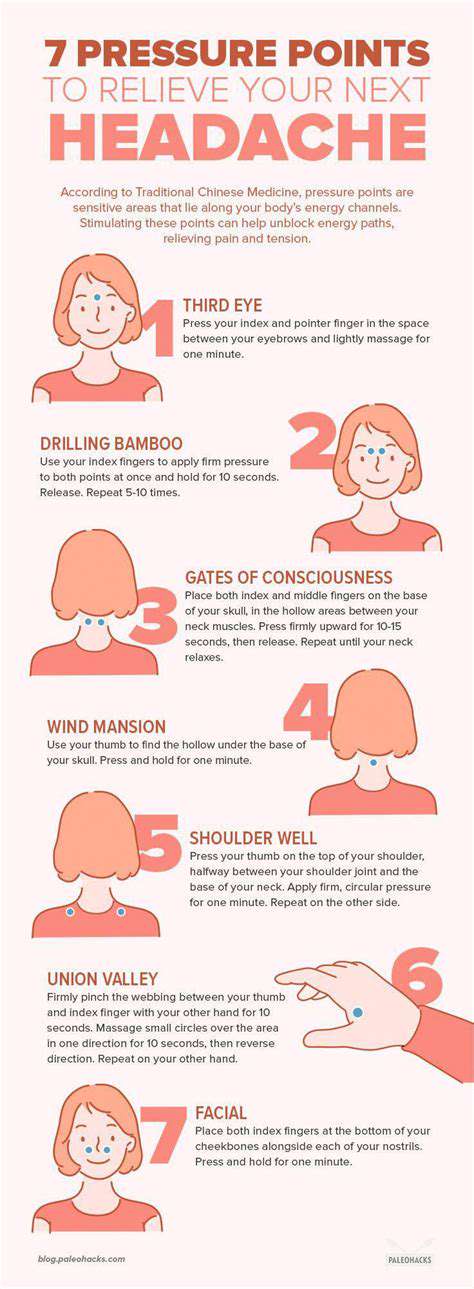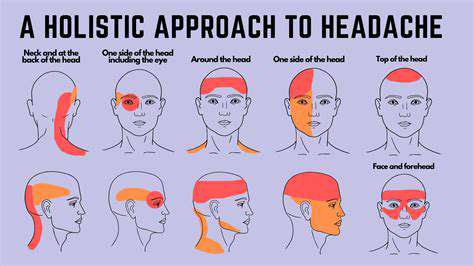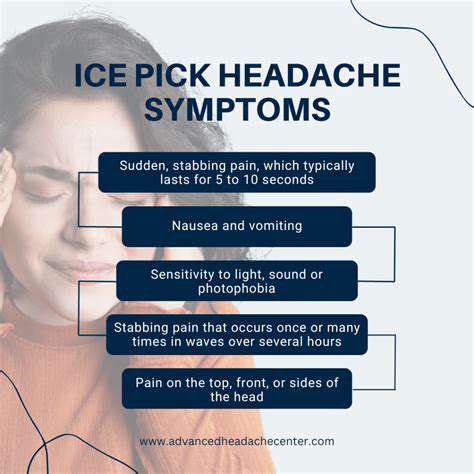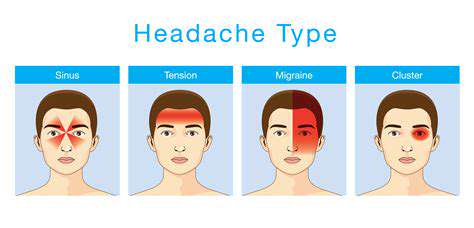Coughing Causes Head Pain: Exploring This Uncommon Connection
The Mechanism Behind Cough-Induced Head Pain
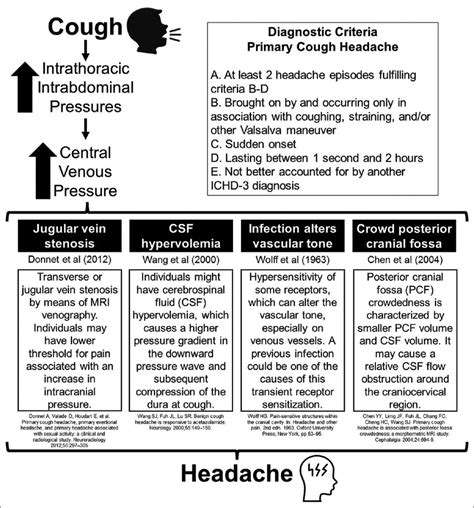
Understanding Coughing and Its Impact on the Body
Coughing is a reflex action that helps clear the airways of irritants, mucus, or foreign substances. When we cough, our body initiates a series of mechanisms that involve multiple systems, including the respiratory and neurological systems. It's fascinating to note how a simple action can trigger complex reactions within the body that extend beyond just the lungs.
The act of coughing increases pressure in the chest and abdomen, which can lead to tension in various muscles, particularly those in the neck and head region. This tension can sometimes radiate pain to different parts of the head, resulting in what some experience as a headache. Additionally, repetitive coughing can cause fatigue in these muscle groups, which further escalates discomfort.
Moreover, when coughing occurs frequently, it can signal an underlying health issue, ranging from allergies to respiratory infections. Identifying these underlying causes is crucial, as they can play a significant role in the frequency and intensity of coughing episodes. It’s important for individuals experiencing persistent coughs to seek medical advice to avoid chronic complications.
In essence, understanding the physiological effects of coughing provides insight into its broader impacts on our health. By recognizing how this reflex action can lead to discomfort or pain, we can better manage and seek treatment for the associated symptoms.
The Connection Between Coughing and Head Pain
The relationship between coughing and head pain is often overlooked but can be significant. Individuals who experience frequent or intense coughing episodes may find that these coughs are linked to tension headaches or migraines. This connection can be attributed to increased pressure exerted on the head and neck during coughing, leading to muscle strain.
Coughing, particularly when it involves straining or deep inhalation, activates the muscles surrounding the head, including the neck and scalp. This muscle activation can lead to a sensation of tightness, which often translates into headaches. Chronic coughers might find that this pain can be both an immediate response to coughing and a lingering issue that affects daily life.
Some studies suggest that the type of cough—whether dry or productive—can also influence the risk of headaches. For instance, a persistent dry cough may lead to more frequent head pain due to the additional strain it places on the throat and surrounding structures. Recognizing these patterns can be essential for managing both the cough and its uncomfortable side effects.
In conclusion, the connection between coughing and head pain underscores the importance of a holistic understanding of symptoms. By recognizing this connection, individuals can address both issues simultaneously, leading to improved overall health and well-being.
Prevention and Management Strategies
Managing the symptoms of cough-related head pain involves a combination of preventive measures and treatment options. Maintaining proper hydration is essential, as it helps keep mucus thin and can reduce the frequency of coughing. Additionally, staying in well-hydrated environments can minimize throat irritation, contributing to less coughing overall.
Another strategy is to incorporate relaxation techniques that can ease muscle tension in the neck and head. Practices such as yoga, meditation, or gentle stretching can help alleviate the physical strain caused by repetitive coughing. These techniques not only promote relaxation but can also reduce the frequency of headaches.
Over-the-counter medications, such as pain relievers and cough suppressants, can offer temporary relief. However, it is crucial to consult with a healthcare professional before starting any medication. They can provide personalized recommendations based on medical history and specific symptoms. Understanding the correct medication can significantly impact the management of both coughs and associated head pain.
Finally, seeking treatment for underlying conditions that trigger coughing can be pivotal in preventing subsequent head pain. Whether it is addressing allergies, infections, or other respiratory issues, tackling the root cause can significantly reduce both coughing frequency and any associated headaches.
When to Seek Medical Attention
While occasional cough-induced head pain may not be a cause for concern, certain warning signs should prompt individuals to seek medical attention. If the head pain persists or is severe, it could indicate a more serious underlying issue that requires professional evaluation. Similarly, if coughing is accompanied by other troubling symptoms like fever, shortness of breath, or chest pain, immediate medical attention is necessary.
Moreover, if the cough lasts longer than a few weeks, it’s essential to consult a healthcare provider. Prolonged coughing can be a symptom of chronic conditions like asthma, bronchitis, or other lung diseases. By addressing these issues early, individuals can prevent the development of more serious complications.
Another important factor is the impact of lifestyle on both coughing and head pain. Individuals who smoke or have significant exposure to irritants should consider seeking assistance. Health professionals can provide resources to help quit smoking or minimize exposure, which can greatly enhance overall health and reduce symptoms.
In summary, recognizing the right moments to seek help can safeguard health and enhance quality of life. Being proactive about symptoms, understanding the potential connections between coughing and head pain, and following through with professional guidance can lead to effective management and relief.
Common Conditions That Can Cause Coughing and Head Pain
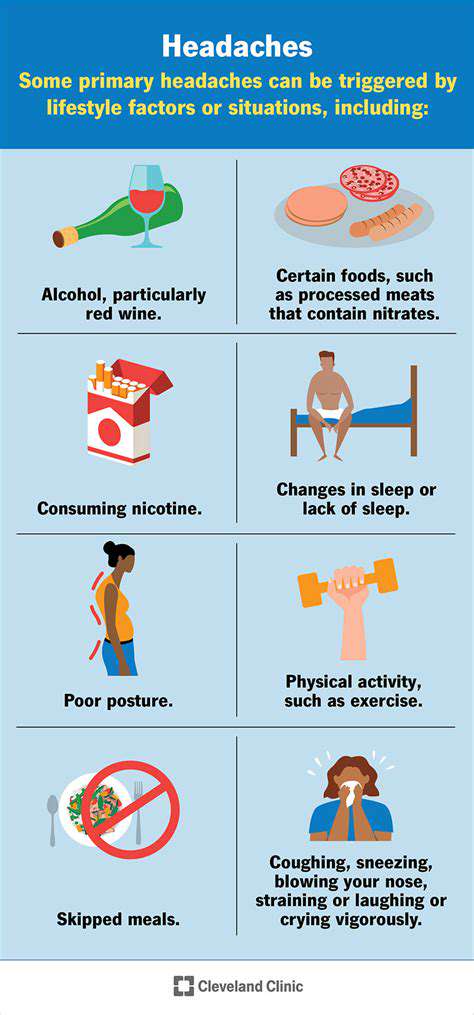
Understanding the Relationship Between Coughing and Head Pain
Coughing and head pain may seem unrelated at first, but there is a significant connection between the two. When a person coughs, especially in violent fits, the pressure in the throat and head increases, potentially leading to a headache. This sudden increase in intracranial pressure can irritate the surrounding membranes and cause discomfort. Understanding this mechanism is crucial for tackling both symptoms effectively.
Another aspect of this connection is the impact of sinus pressure. Frequent coughing can exacerbate sinus inflammation and congestion, which can contribute to head pain. The sinuses are closely linked to the nerves that affect sensation in the forehead and around the eyes, and any disruption can trigger headaches. The complexity of sinus-related issues means they require careful diagnosis and treatment.
Furthermore, chronic cough conditions like asthma or bronchitis often involve inflammation of the airways, which can also extend to neighboring areas, increasing sensitivity and pain in the head. This multifaceted relationship necessitates a comprehensive understanding of the patient's overall health, as well as their specific symptoms. Effective treatment should address both the cough and the accompanying head pain to ensure complete relief.
What patients need to recognize is that not all headaches triggered by coughing are the same; some may result from tension or even migraines. Identifying the type of headache linked to coughing can help in formulating a more accurate treatment plan. Consulting with a healthcare provider for a thorough assessment can lead to improved outcomes and personalized care.
Common Conditions Associated With Coughing and Head Pain
A variety of health conditions can trigger both coughing and head pain simultaneously. Respiratory infections, like the common cold or flu, often present with a cough due to mucus production and irritation, alongside headache symptoms from systemic inflammation. Colds can lead to a frustrating cycle where coughing worsens headaches, and vice versa. Recognizing when these symptoms are connected is vital for prompt and effective treatment.
Allergies also play a significant role in the cough-head pain dynamic. Allergic rhinitis can cause nasal congestion, leading to chronic coughing and significant sinus pressure, which often manifests as head pain. Managing allergy symptoms through avoidance strategies or medications can help alleviate the associated headaches and reduce overall discomfort.
Another potential culprit is gastroesophageal reflux disease (GERD), which can cause a chronic cough due to stomach acid irritating the throat. Along with this cough, individuals may experience tensions in their neck, leading to head pain. It is essential for individuals experiencing these symptoms to seek medical advice, as treating GERD can significantly reduce both the cough and headaches.
Lastly, tension headaches can occur in response to stress, especially when coupled with a persistent cough. The physical strain of coughing can lead to muscle tension in the upper body, including the neck and back, which may trigger or exacerbate headache symptoms. Understanding this connection underscores the importance of stress management and proper techniques to alleviate both symptoms effectively.
Management Strategies for Coughing and Head Pain
Addressing the dual symptoms of coughing and head pain requires a systematic approach. Over-the-counter pain relief medications, such as ibuprofen or acetaminophen, can be effective for managing head pain. In cases where coughing is due to a respiratory infection, expectorants and cough suppressants may also be beneficial. Combining these treatments can help improve overall comfort significantly.
It is also beneficial to stay hydrated, as proper hydration can thin mucus secretions, thus potentially reducing coughing. Additionally, inhaling steam from hot water or using a humidifier can soothe irritated airways and help alleviate both coughing and head pain by reducing sinus pressure. Always take care to create a comfortable environment that promotes wellness.
Another critical strategy involves adopting lifestyle changes that can mitigate both coughing and headaches. Regular exercise, stress management techniques such as mindfulness or study relaxation methods, and maintaining a balanced diet can contribute to overall respiratory and neurological health. Finding ways to integrate these practices into daily life can offer long-term benefits.
Lastly, when symptoms are chronic or severe, seeking professional medical advice is essential. Healthcare providers can conduct appropriate diagnostic tests to determine underlying causes and formulate tailored treatment plans. Follow-up care is just as important to ensure that any ongoing issues are managed effectively and do not lead to complications.
When to Seek Medical Attention
Knowing when to seek medical attention for coughing and head pain is crucial for effective treatment and recovery. If a persistent cough lasts for more than three weeks and is accompanied by significant headache, it is advisable to consult a healthcare professional. Early intervention can often prevent complications and lead to better health outcomes.
Additionally, if coughing occurs with other alarming symptoms, such as difficulty breathing, dizziness, or a high fever, immediate medical attention is warranted. These symptoms could indicate serious underlying conditions that require prompt evaluation and intervention to avoid complications.
Monitoring the nature of the headache is also important. If headaches appear sudden and severe or are "thunderclap" in nature, these could be signs of more serious conditions like migraines or other neurological issues. Immediate medical assessment in such cases can be crucial in determining the underlying cause and ensuring appropriate treatment.
Finally, it is vital for individuals with pre-existing health conditions, like asthma or chronic respiratory issues, to be vigilant about any new symptoms. Changes in typical patterns of coughing or head pain should be promptly discussed with healthcare providers to effectively manage their health and avoid crises.
Prevention and Treatment of Cough-Induced Headaches
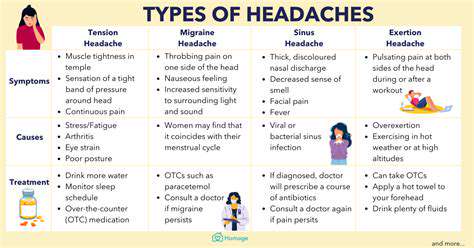
Understanding Cough-Induced Headaches
Cough-induced headaches are a phenomenon that can occur when vigorous coughing leads to increased pressure in the skull. This increase in pressure can result from intense muscle contractions during coughing, which in turn places strain on the head and neck muscles. Such headaches can easily be mistaken for migraines or tension-type headaches, making it crucial to differentiate between them for appropriate treatment. Identifying the underlying cause of the cough—be it allergies, respiratory infections, or even chronic conditions—can shed light on the headaches experienced.
A cough that persists and regularly leads to headaches should not be taken lightly. Seeking medical advice is essential as it could indicate underlying issues such as sinus infections or bronchitis. In some cases, the combination of coughing and headaches can exacerbate discomfort, and persistent symptoms may interfere with daily activities. Understanding the physiological connections between coughing and headache mechanisms can equip patients with the knowledge needed to address both issues effectively.
Treatment Options for Cough-Related Head Pain
Effective management of cough-induced headaches begins with addressing the cough itself. In many instances, treating the underlying cause of the cough—whether through over-the-counter medications, natural remedies, or prescription treatments—will alleviate both the cough and the associated headache. For those struggling with allergies, antihistamines may provide significant relief, while a cough caused by infection may require specific treatments like antibiotics. Comprehensive care often requires a multi-faceted approach that incorporates lifestyle changes alongside medication.
Additionally, several home remedies and self-care strategies can be beneficial for managing headache symptoms. Staying hydrated and using pain relievers can mitigate discomfort, while warm compresses on the forehead may also provide comfort during headaches. Incorporating relaxation techniques such as deep breathing exercises or gentle neck stretches can reduce muscle tension and may help prevent further headaches caused by coughing. A proactive approach to both cough and headache treatment not only alleviates symptoms but also enhances overall well-being.
